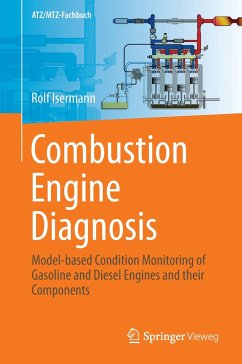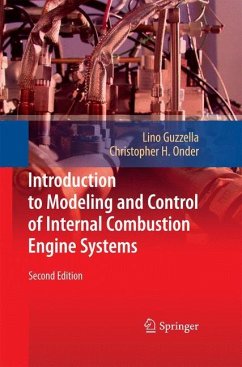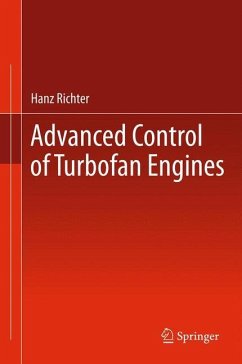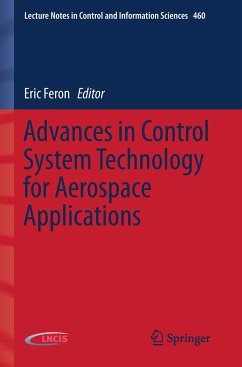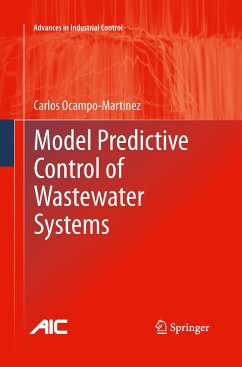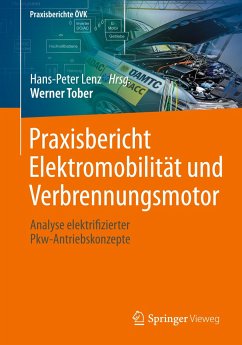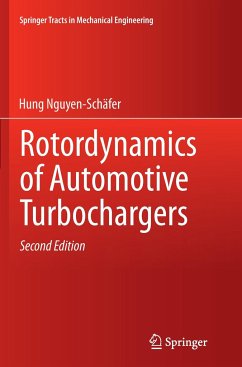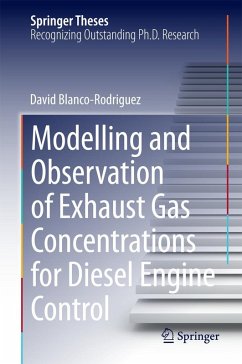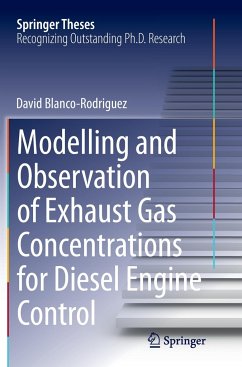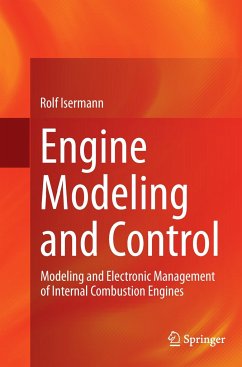
Engine Modeling and Control
Modeling and Electronic Management of Internal Combustion Engines
Versandkostenfrei!
Versandfertig in 6-10 Tagen
98,99 €
inkl. MwSt.
Weitere Ausgaben:

PAYBACK Punkte
49 °P sammeln!
The increasing demands for internal combustion engines with regard to fuel consumption, emissions and driveability lead to more actuators, sensors and complex control functions. A systematic implementation of the electronic control systems requires mathematical models from basic design through simulation to calibration.The book treats physically-based as well as models based experimentally on test benches for gasoline (spark ignition) and diesel (compression ignition) engines and uses them for the design of the different control functions. The main topics are:- Development steps for engine con...
The increasing demands for internal combustion engines with regard to fuel consumption, emissions and driveability lead to more actuators, sensors and complex control functions. A systematic implementation of the electronic control systems requires mathematical models from basic design through simulation to calibration.
The book treats physically-based as well as models based experimentally on test benches for gasoline (spark ignition) and diesel (compression ignition) engines and uses them for the design of the different control functions. The main topics are:
- Development steps for engine control
- Stationary and dynamic experimental modeling
- Physical models of intake, combustion, mechanical system, turbocharger, exhaust, cooling, lubrication, drive train
- Engine control structures, hardware, software, actuators, sensors, fuel supply, injection system, camshaft
- Engine control methods, static and dynamic feedforward and feedback control, calibration and optimization, HiL, RCP, control software development
- Control of gasoline engines, control of air/fuel, ignition, knock, idle, coolant, adaptive control functions
- Control of diesel engines, combustion models, air flow and exhaust recirculation control, combustion-pressure-based control (HCCI), optimization of feedforward and feedback control, smoke limitation and emission control
This book is an introduction to electronic engine management with many practical examples, measurements and research results. It is aimed at advanced students of electrical, mechanical, mechatronic and control engineering and at practicing engineers in the field of combustion engine and automotive engineering.
The book treats physically-based as well as models based experimentally on test benches for gasoline (spark ignition) and diesel (compression ignition) engines and uses them for the design of the different control functions. The main topics are:
- Development steps for engine control
- Stationary and dynamic experimental modeling
- Physical models of intake, combustion, mechanical system, turbocharger, exhaust, cooling, lubrication, drive train
- Engine control structures, hardware, software, actuators, sensors, fuel supply, injection system, camshaft
- Engine control methods, static and dynamic feedforward and feedback control, calibration and optimization, HiL, RCP, control software development
- Control of gasoline engines, control of air/fuel, ignition, knock, idle, coolant, adaptive control functions
- Control of diesel engines, combustion models, air flow and exhaust recirculation control, combustion-pressure-based control (HCCI), optimization of feedforward and feedback control, smoke limitation and emission control
This book is an introduction to electronic engine management with many practical examples, measurements and research results. It is aimed at advanced students of electrical, mechanical, mechatronic and control engineering and at practicing engineers in the field of combustion engine and automotive engineering.





